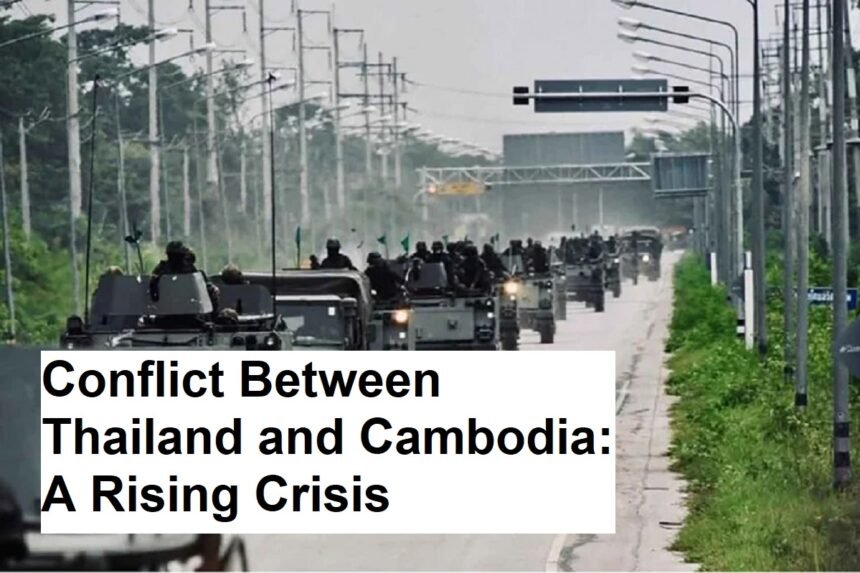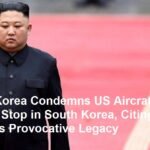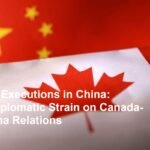Introduction
In recent weeks, the Southeast Asian region has witnessed a surge in tensions between Thailand and Cambodia, two neighboring countries with a long history of rivalry and disputes. The conflict has escalated to the point where both nations have declared a state of emergency and issued military alerts. This alarming development has captured worldwide attention as concerns grow over potential regional instability and the risk of prolonged conflict.
Background of the Dispute
The root of the current conflict lies in longstanding territorial disputes, most notably over the border region near Preah Vihear Temple and surrounding areas. These areas have been contentious, with both Thailand and Cambodia laying claim to the land, often leading to skirmishes and diplomatic disagreements. Historically, these disputes have resulted in occasional clashes, but recent incidents have significantly intensified the situation.
The border region is not only historically significant but also economically valuable due to its resources and strategic location. Over the years, border patrols and local communities have experienced frequent disputes, but recent confrontations have escalated in severity, leading to international concern.
Recent Events and Military Escalation
Clashes erupted along the border, with reports of gunfire, explosions, and casualties from both sides. The conflict quickly pushed governments to respond with strong measures. Cambodia announced a state of emergency in affected border provinces, citing threats to national security and public safety. Similarly, Thailand declared a temporary martial law, ordering increased military presence along the disputed border areas.
Images and reports of military buildup, armored vehicles, and increased border patrols have surfaced, indicating a significant escalation. Several countries and international organizations, including ASEAN, have called for calm and diplomatic dialogue to prevent further violence and potential wider conflict.
Impact on Civilians and Regional Stability
The escalation has profound implications, especially for civilians living near the border. Many have been forced to evacuate their homes amid the fighting, fearing for their safety. Local economies are also suffering, with trade disruptions and damage to infrastructure.
Regionally, the conflict threatens broader stability. Southeast Asian nations rely heavily on diplomatic ties and regional cooperation through ASEAN. The current crisis underscores the importance of peaceful resolution mechanisms and the dangers of unresolved territorial disputes fueling violence.
International Response and Efforts for Diplomacy
The international community has urged both Thailand and Cambodia to exercise restraint and return to diplomatic talks. The United Nations has called for immediate de-escalation and negotiations to prevent further casualties and potential regional spillover.
ASEAN, a regional bloc committed to peace and stability, has attempted to mediate peace talks. However, the situation remains tense, with both countries accusing each other of provocations. The possibility of prolonged conflict or even a wider regional confrontation remains a concern.
Possible Outcomes and Future Prospects
The future of the Thailand-Cambodia conflict depends heavily on diplomatic negotiations and the willingness of both governments to seek peaceful resolutions. International pressure and mediation efforts could play a vital role in de-escalating tensions.
In the meantime, military readiness remains high, and the risk of further clashes persists. Both nations need to prioritize dialogue and conflict resolution mechanisms to restore peace and stability to the region.
Conclusion
The recent conflict and declaration of martial law between Thailand and Cambodia mark a troubling phase in Southeast Asian geopolitics. While historical disputes continue to simmer, the recent escalation underscores the importance of diplomacy and regional cooperation. The international community must support ongoing efforts to foster dialogue, prevent further violence, and promote sustainable peace in this volatile region.
The coming weeks will be critical in determining whether the conflict can be resolved peacefully or if it will escalate into a broader regional crisis. All parties involved must act responsibly and prioritize peaceful negotiations to ensure stability and security for their citizens and neighbors.












